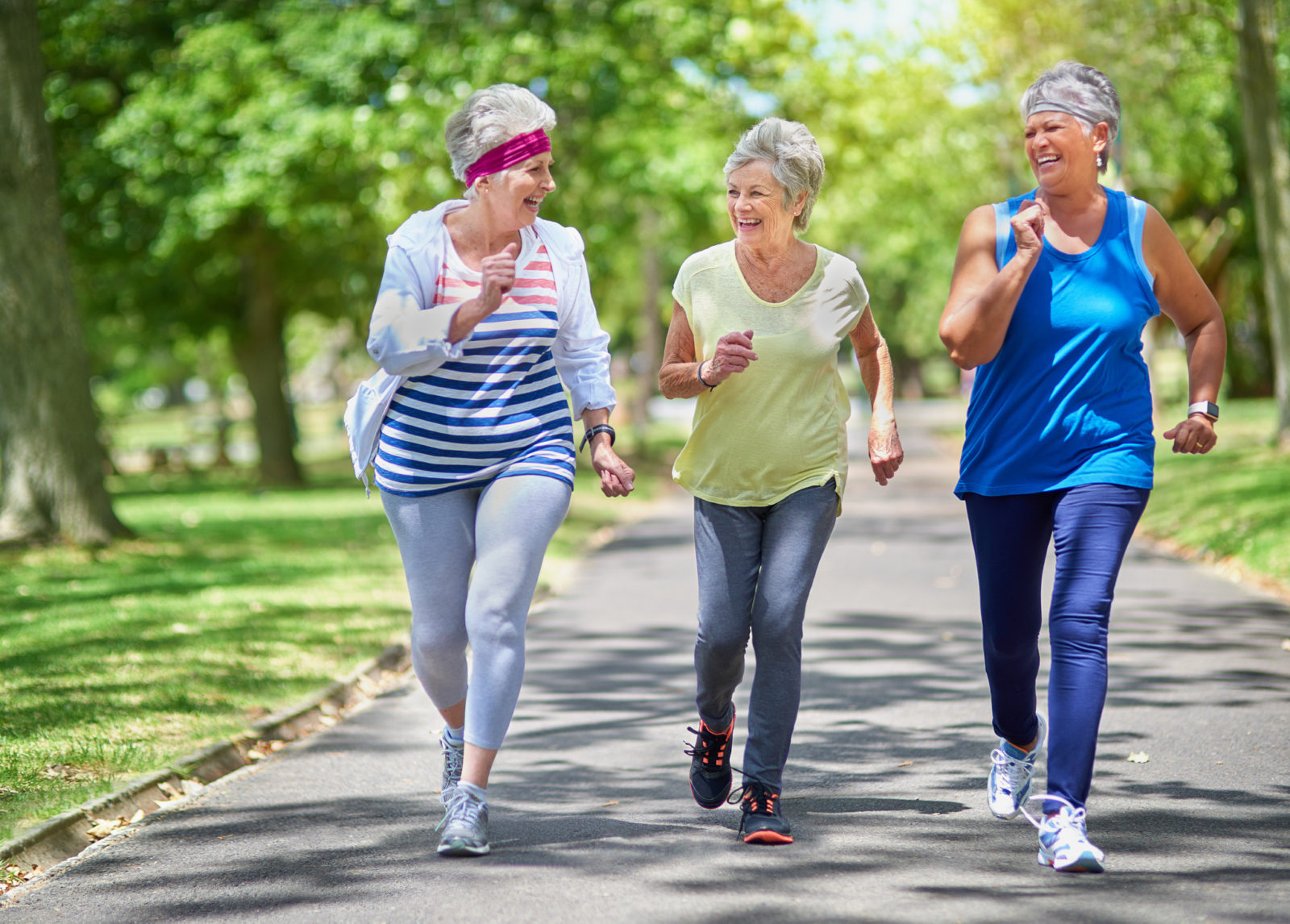How to Prevent Falls

According to the Centers for Disease and Prevention Control (CDC), falls are the leading cause of injury in the elderly and account for more than 70 percent of emergency room visits for older adults. Every year, one in three adults age 65 or older falls. And, as we age, both the risk of falling and the negative impact on health increases – seniors are much more likely than their younger counterparts to experience a hip fracture or traumatic brain injury after a fall.
Some of the major risk factors for fall include:
- Hazards in the home
- Muscle weakness, particularly in the legs
- Medication side effects
- Difficulties with balance and walking
- Poor vision
Fortunately, falls are highly preventable. Here are some tips to help keep yourself – or someone you love – safe.
Make your environment safer
Nearly 50 percent of all falls happen in the home. You can help reduce the risk by taking some steps to make the home safer.
- Remove clutter and create clear pathways throughout your home
- Make sure the home is well lit – add nightlights in hallways, bedrooms and bathrooms
- Install handrails in the bathroom, a particularly risky place for falls
- Put nonskid flooring throughout the house
Exercise
While this may seem counterintuitive – certain exercises may increase your chance of falling – it’s critical to maintain a regular exercise routine, as it can provide numerous benefits: squats, leg extensions and toe stands can strengthen the legs, providing more support when walking; exercises such as tai chi can help improve balance; and walking can improve strength, balance and endurance. Be sure to check with your physician before starting and exercise routine. If you experience any pain, dizziness or trouble breathing during or after exercise, talk with a doctor, nurse or physical therapist.
Check your medications
Many medications have side effects, which can include dizziness or drowsiness, which can increase your chance of falling. Overmedication is also a problem common in seniors. Do a “medication checkup” with your doctor or pharmacist on a regular basis to see if there are alternate medications you can take and to ensure the drugs you’re taking are causing problematic interactions.
Check your vision
Poor vision increases the likelihood of a fall. Visit your ophthalmologist for a vision test and to check if there are any other issues, like glaucoma or cataracts that may be causing your problems. A Harvard University study found that, along with advances in cardiac care, the increased number of cataract surgeries is one of the most important factors behind today’s increased years of independence for seniors.
Get some help
Many falls occur while people are reaching to put away groceries, scrubbing away a stain high on the wall, walking the dog, or even bathing. A Blize private duty caregiver can provide an assessment of the home and provide suggestions on how to provide a home environment that reduces the risk for falls. They can also work with you to find other ways to reduce fall risk, such as assisting with a physician-approved exercise program, accompanying you on walks and simply being around to get items that are out of your reach.
![Blize Healthcare [logo]](https://www.blizecare.com/wp-content/themes/blize/images/logoblog_1.jpg)
![Blize Healthcare [logo]](https://www.blizecare.com/wp-content/themes/blize/images/logoblog_2.jpg)
![Blize Healthcare [logo]](https://www.blizecare.com/wp-content/themes/blize/images/logoblog_3.jpg)